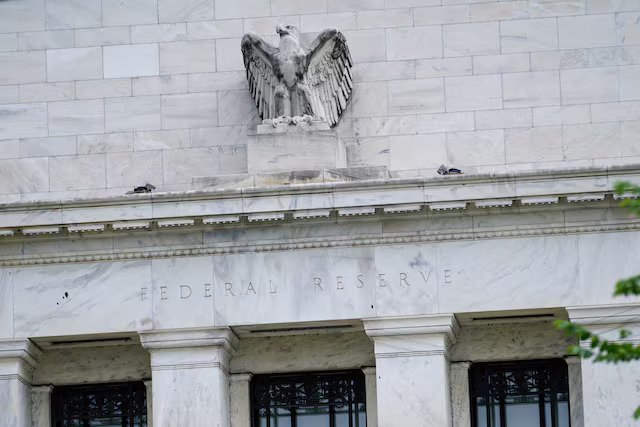WASHINGTON -- The U.S. Federal Reserve announced on Friday it had withdrawn from a global body of central banks and regulators devoted to exploring ways to police climate risk in the financial system.
In a statement, the Fed said it was exiting the Network of Central Banks and Supervisors for Greening the Financial System (NGFS) because its increasingly broadened scope had fallen outside the Fed's statutory mandate.
The central bank joined the group in 2020. The exit comes three days before President-elect Donald Trump, who is critical of efforts by governments to prescribe climate change policies, is set to take office.
The NGFS, formed in 2017, is charged with helping central banks and bank supervisors with integrating risks stemming from climate change into their work steering monetary policy and policing the financial system. A spokesperson for the group did not immediately respond to a request for comment.
In recent years, the Fed had taken some steps to integrate climate change into its work via preliminary analysis and reports, but Chair Jerome Powell has repeatedly insisted the Fed has a limited role to play. Powell has maintained the Fed is not responsible for setting climate change policy, and the matter lies in the hands of Congress.
Republicans in Congress have been skeptical of any regulatory efforts to police climate risk in the banking sector, and Trump's impending takeover in Washington has spurred similar exits in the private sector.
Also on Friday, Bank of Montreal became the first Canadian bank to announce its exit from the Net-Zero Banking Alliance, a private-sector climate alliance.
Several of the largest U.S. banks have already announced their own exit from that group.




















































